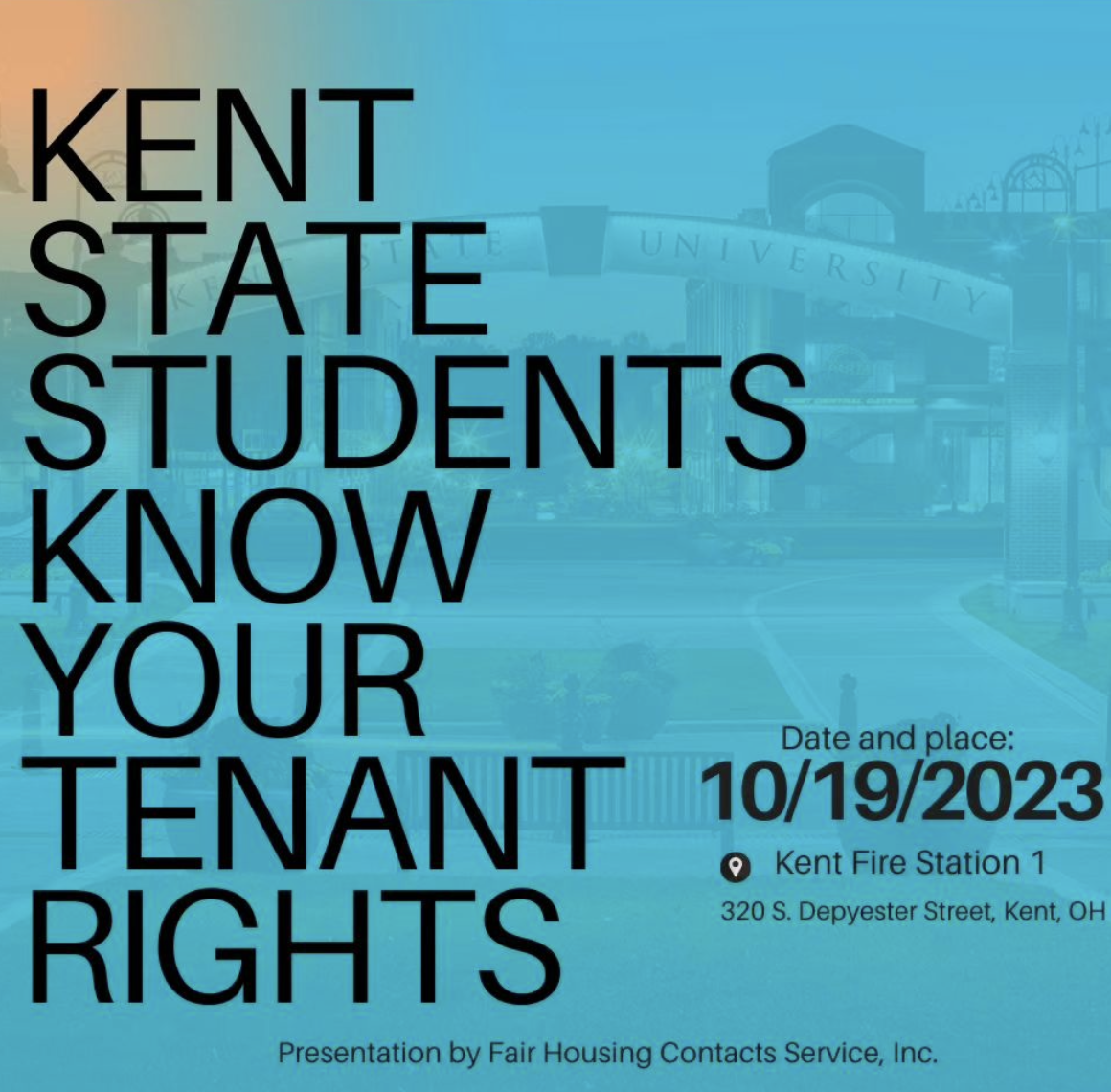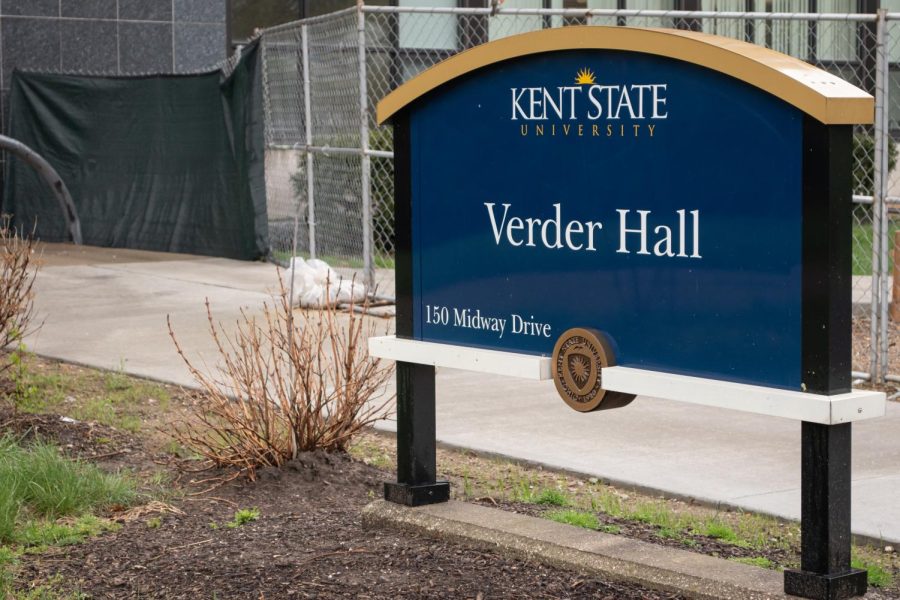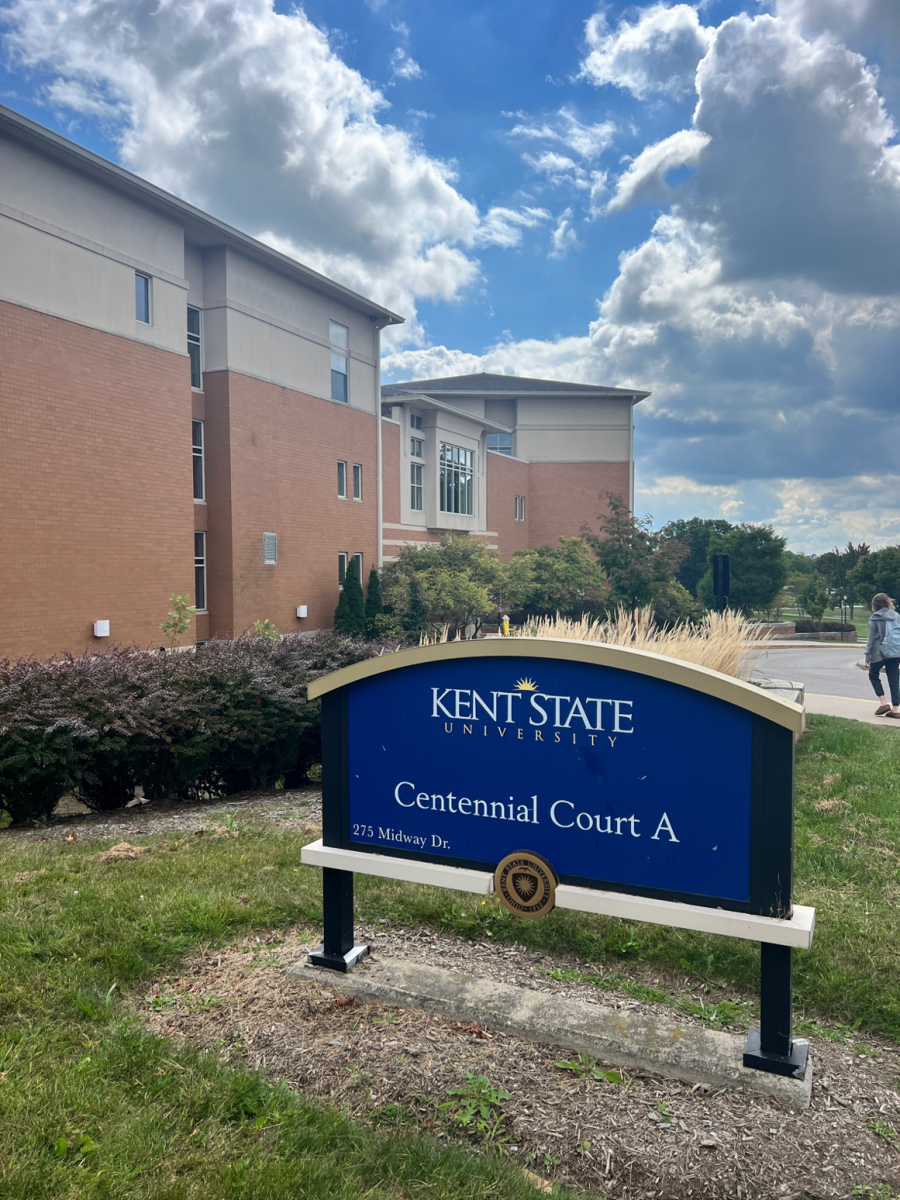Fair House Contact Services Inc. worked to help inform students of their legal abiding rights according to the Ohio Revised Code at a tenant rights event Thursday at the Kent Fire Department.
Steven Ellsworth, program manager at Fair House Contact Services Inc., presented a PowerPoint titled “Know Your Tenant Rights and Responsibilities” before a Kent City Housing Board Meeting.
The PowerPoint covered a wide range of rights from the Ohio Revised Code section 5231, including tenant obligations, landlord obligations, lease and rental agreements, repairs, security deposits and evictions.
“We will cover repairs, which is the most common problem, and it has been for years,” Ellsworth said.
The information discussed included that landlords are not required to provide a written lease to tenants unless someone is renting for 12 months. The presentation also detailed how verbal and written agreements are both legally binding and that landlords may not change the terms of that agreement.
“Once that lease is signed, that lease is a legally binding contract,” Ellsworth said, “and nothing in the lease can be changed unless the tenant and landlord agree on it.”
According to the Ohio Revised Code, tenants are obligated to keep premises clean and sanitary, comply with health and safety codes, forbid guests from damaging property, keep appliances in good working conditions, notify the landlord about all repairs and refrain from illegal activity.
“This does not mean ‘clean’ in the arbitrary definition of what the landlord thinks is clean – it just needs to not be covered in trash,” Ellsworth said.
Landlords are obligated to comply with safety and health codes, make all repairs, keep common areas safe and sanitary, keep good working order, including heat and water and provide tenants with 24-hour notice before entering the apartment unless there’s an emergency.
If a landlord fails to make repairs for 30 days, a tenant may put their rent into escrow until the repairs are made. The tenant must then mail the repair request form to the clerk of court and get a certificate. The rent will be held in escrow until the repairs are made by the landlord.
“There are many options a tenant has, depending on the nature of the repair,” Ellsworth said. “For any and all repairs, a tenant can put their renter in escrow until any and all repairs are made, and what that means is that a tenant would pay their local court their rent money every month until the landlord makes that repair.”
There are 30-day evictions and three-day evictions. A person can get evicted for the following violations: late rent, illegal activity, violation of terms and conditions, unfulfilled tenant obligations and failing to vacate.
If a landlord fails to meet their obligations or enters a person’s apartment without 24-hour advancement, the resident may fill out an Illegal Entry Form or a Correct Conditions Letter.
Fair House Contact Services is located in Akron and is a non-profit agency that provides comprehensive educational opportunities, counseling and support services for people concerned about fair housing in the community.
“[Tenant rights are] not something that we are taught,” Ellsworth said. “We don’t learn it in high school. You don’t learn it in college. I didn’t know until, I mean I’m 52. I didn’t know until I started working here seven years ago. So, knowing their rights and responsibilities and knowing that there is an agency they can call if they don’t [is important].”
Annalexis Davis is campus editor. Contact her at [email protected].











